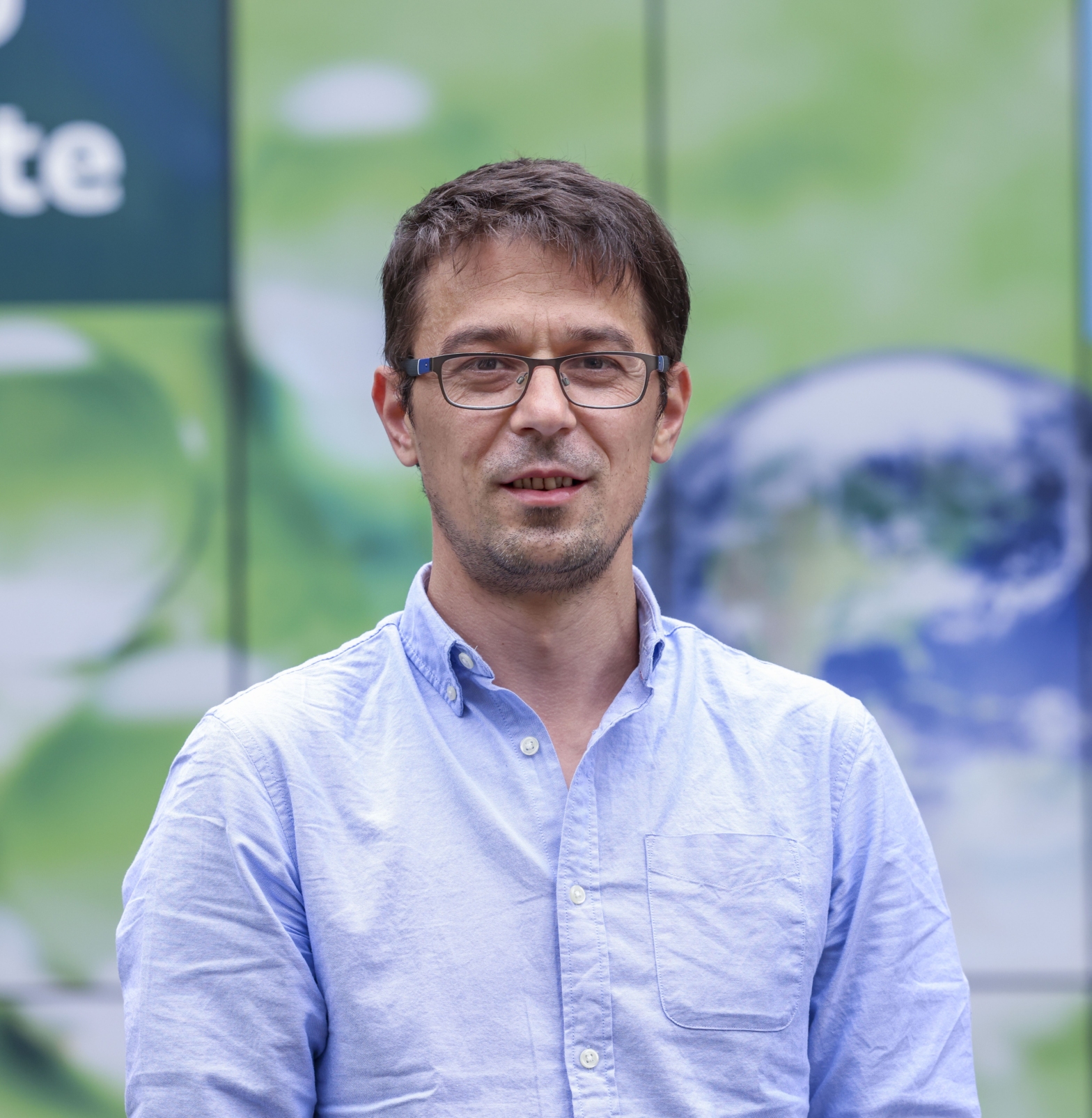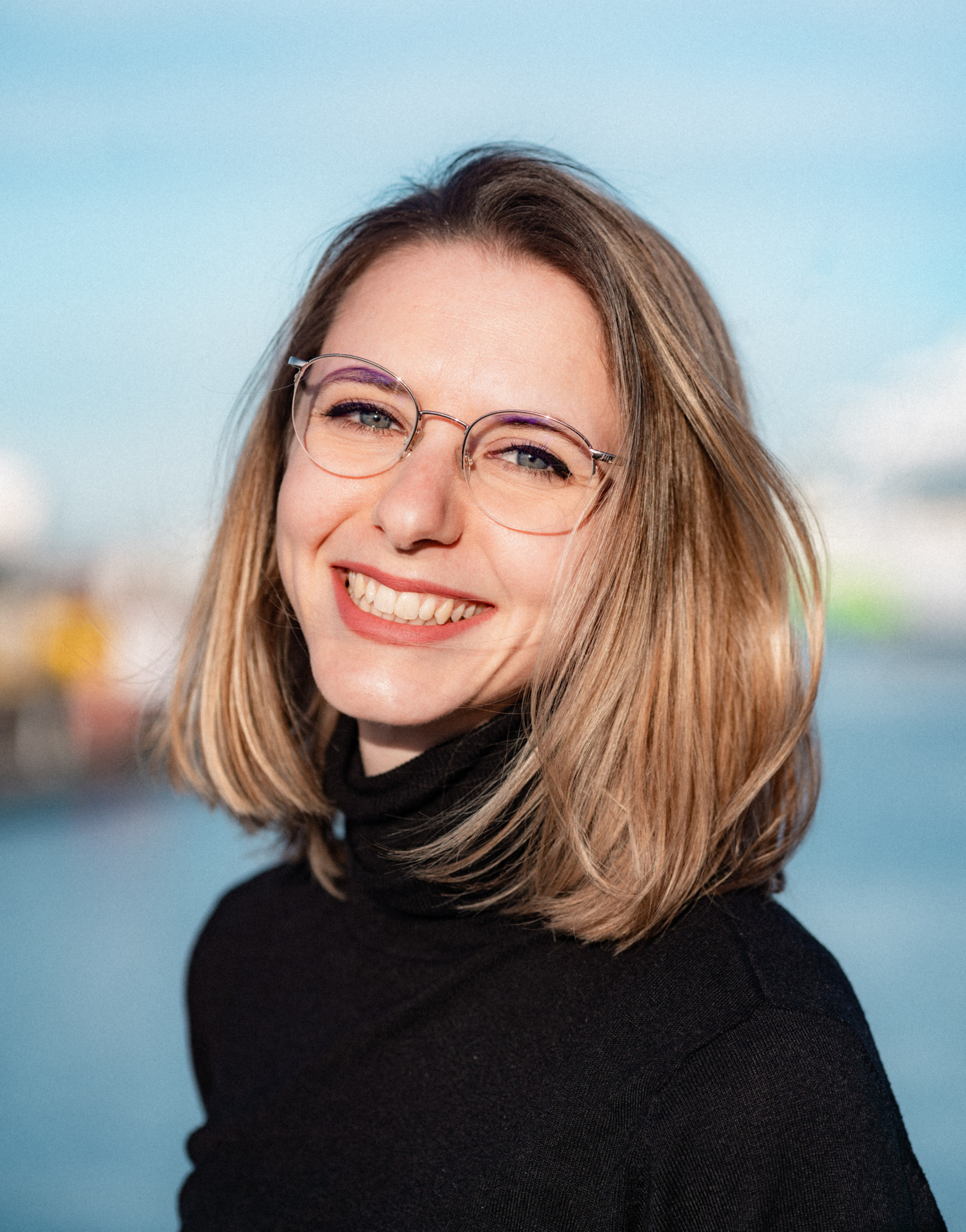Online session: Integrating biodiversity and water management in smart urban planning
Kuupäev: 12.12.2025
Toimumiskoht: Online (Zoom link will be sent to registered participants)
How can cities balance technology, people and nature?
This online session provides the latest practical and academic knowledge on integrating biodiversity and the natural environment into urban planning, from creating greener streets to ensuring safe swimming waters.
You’ll learn how to use data and digital tools to monitor and manage the urban natural environment. By the end of this session, you’ll understand how biodiversity can become a driver of healthier cities with satisfied residents, and how to make this happen using modern digital tools.
The session is moderated by Kalle Toiskallio, Head of Research Delivery at FinEst Centre for Smart Cities.
The participation fee is 130 euros (includes 24% VAT) per participant.
Register here until 28th of November.
What will you gain from participating?
By joining you will:
- Receive preparatory materials one week before the session.
- Gain latest academic and practical knowledge on urban biodiversity and its role in urban planning.
- Learn how to use digital tools like Urban Digital Twins and water quality sensors to monitor and manage the natural environment.
- Get inspired by case studies and success stories, while also learning how to avoid common pitfalls.
- Connect with peers, experts and practitioners across municipalities for future collaboration.
- Understand the paradigm shift: from tech-oriented to bio-centric urban planning.
Is this useful for you?
This session is especially useful for:
- Development and project managers in local governments who shape urban policies and projects.
- Heads of Urban Planning offices who are looking to integrate better planning for green and blue infrastructure.
- Urban developers who are responsible for bathing water quality, urban greenery and resilient natural spaces.
- Urban planning consultants who advise municipalities on smart and sustainable growth.
- Anyone eager to bring biodiversity into the heart of smart city development.




